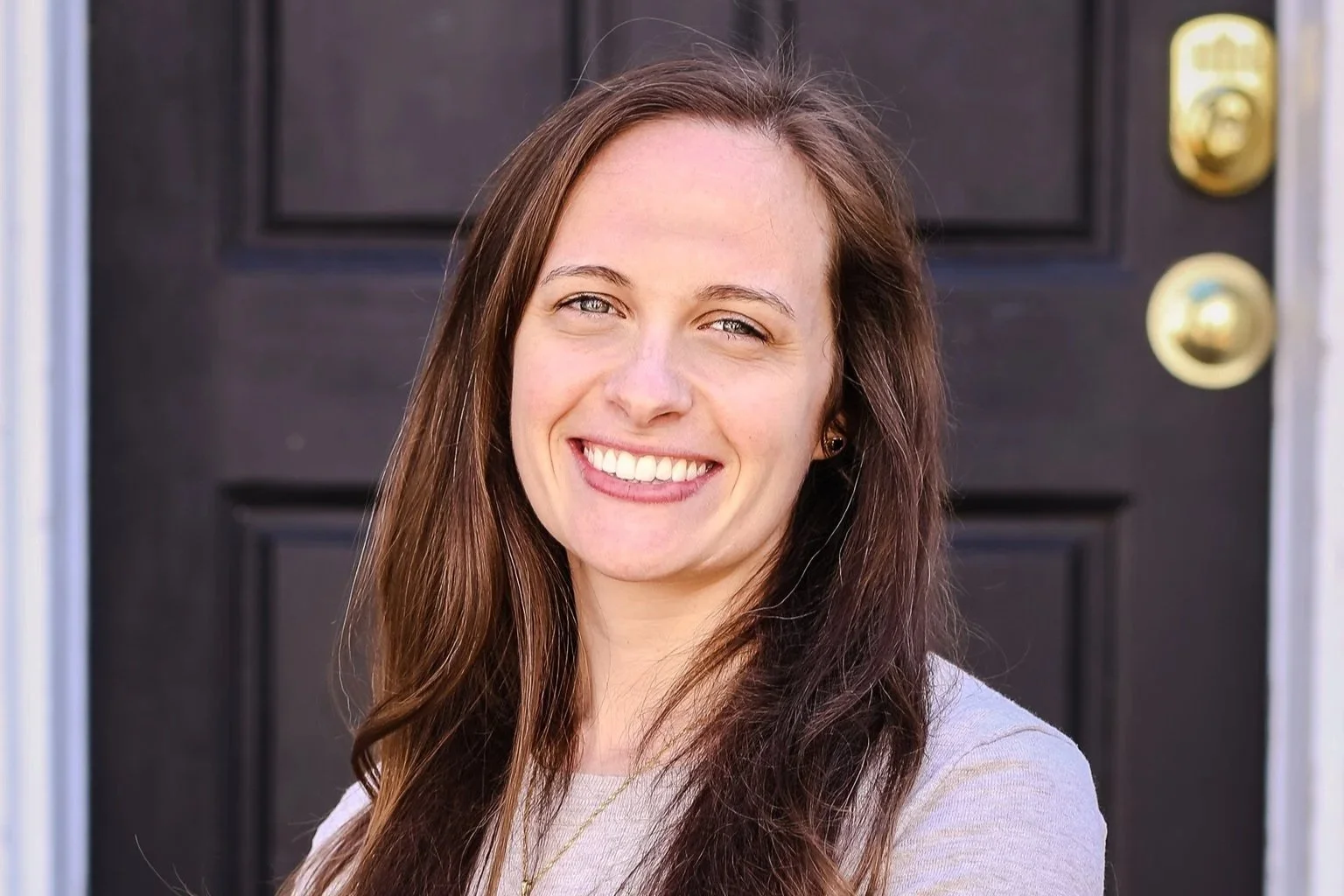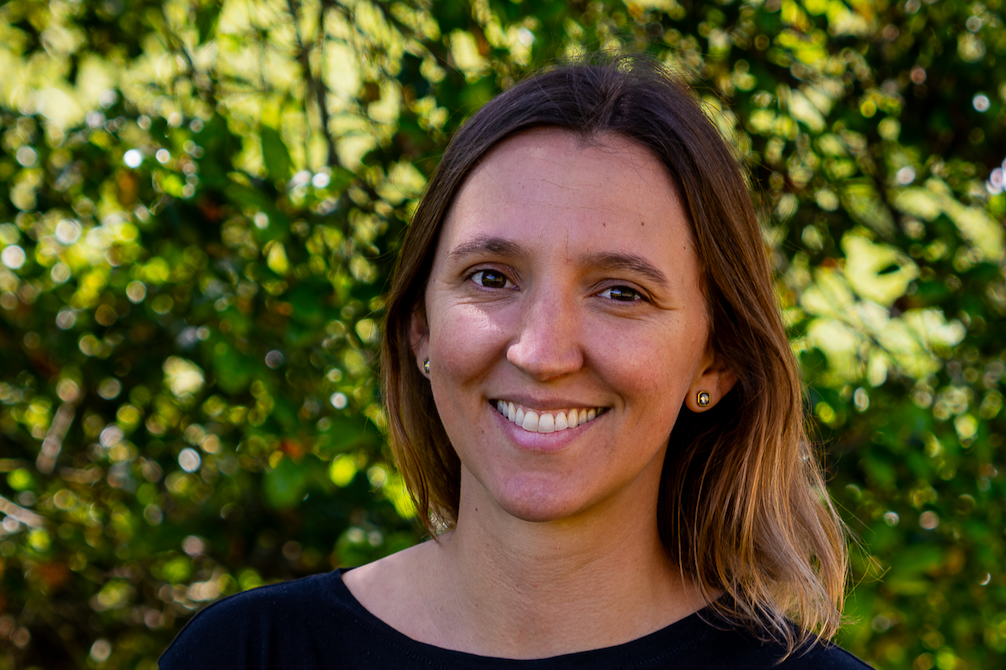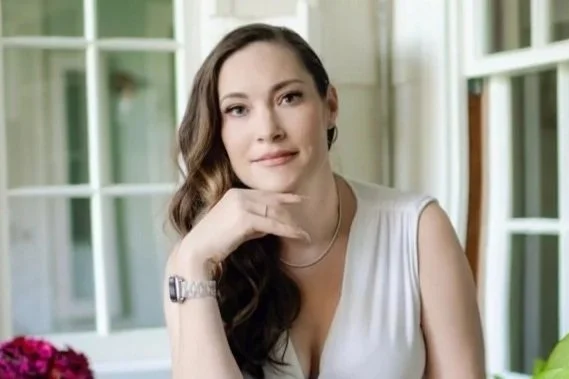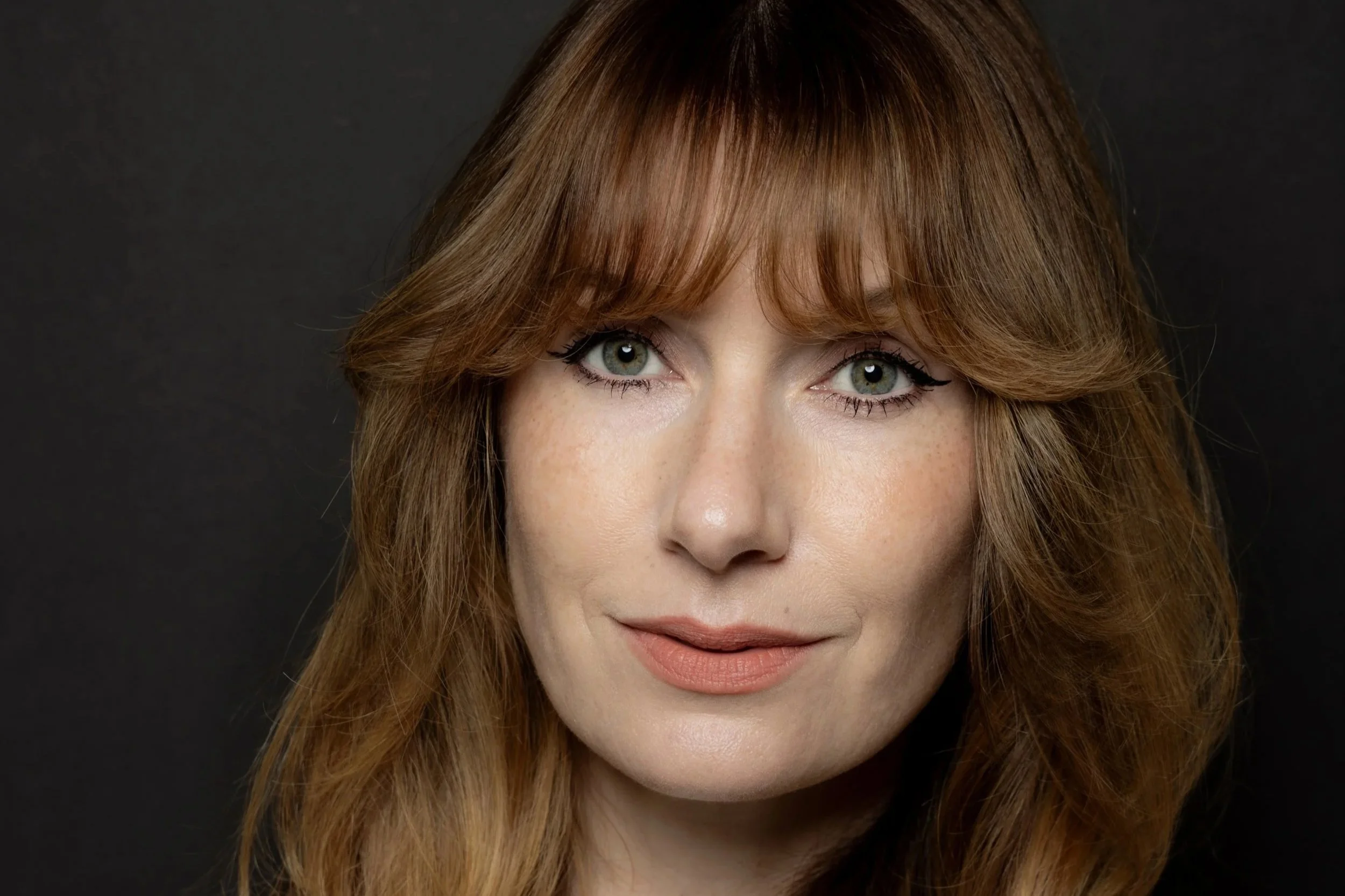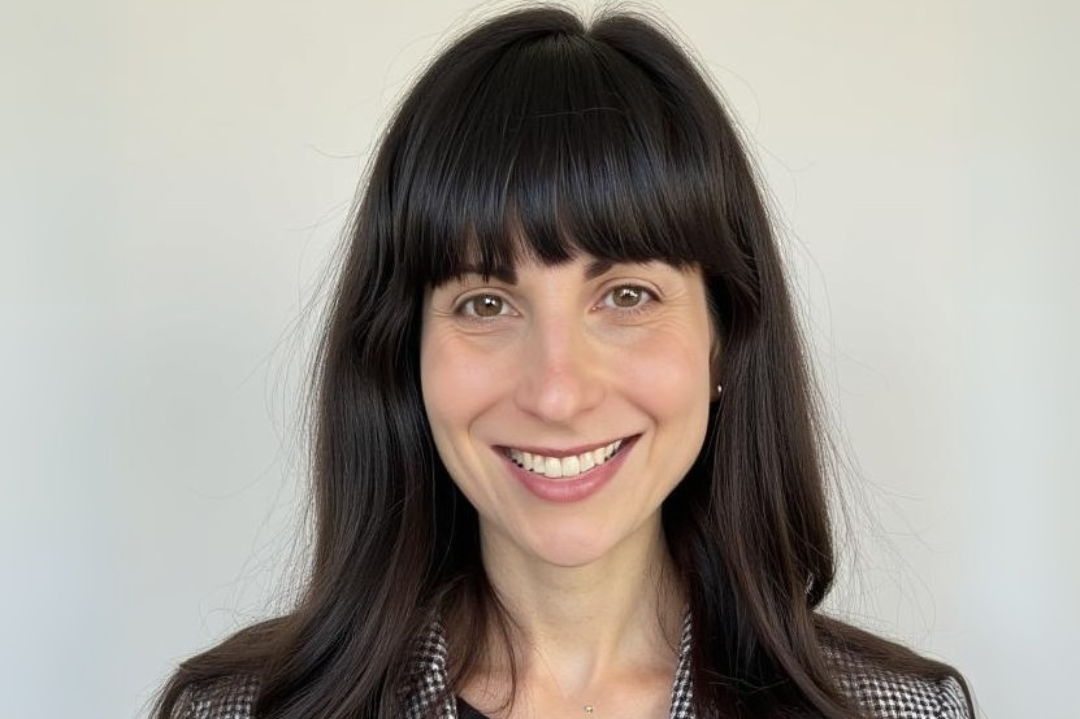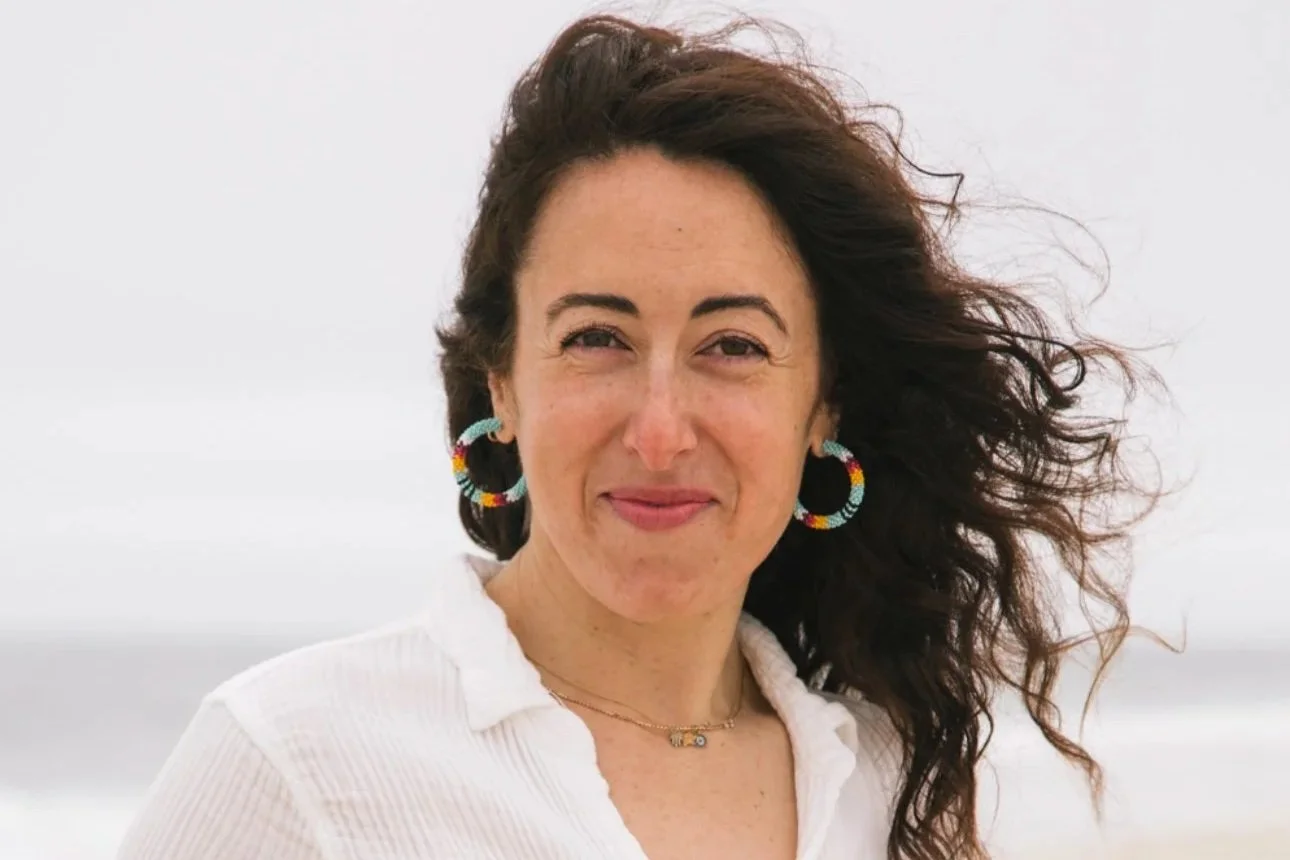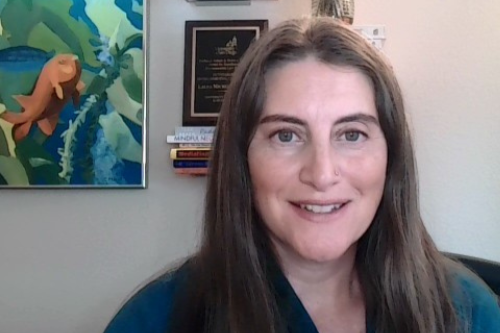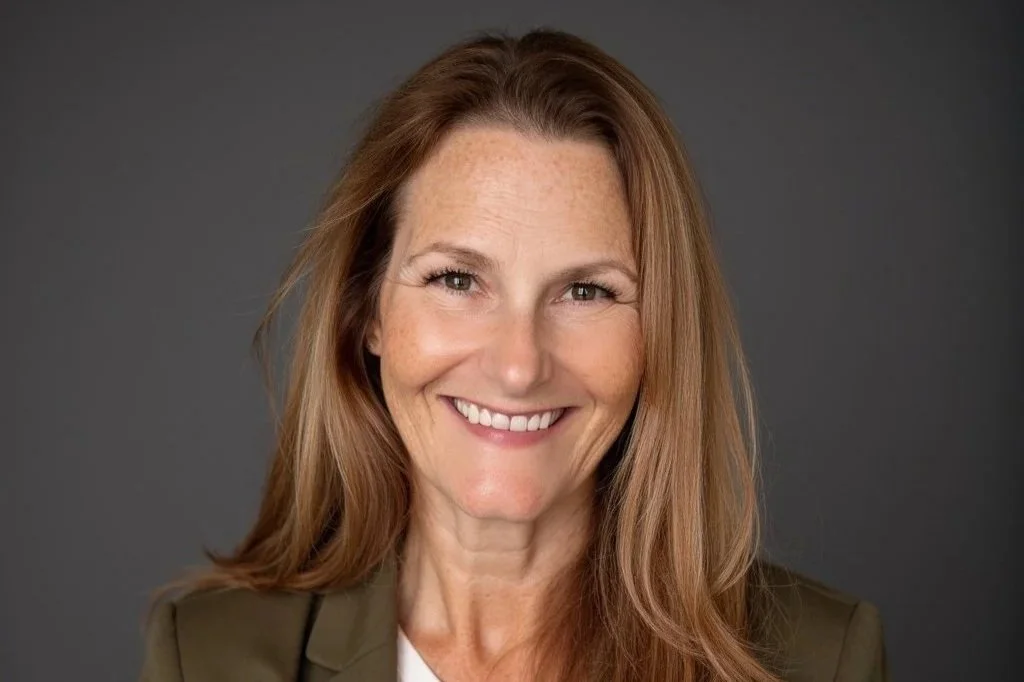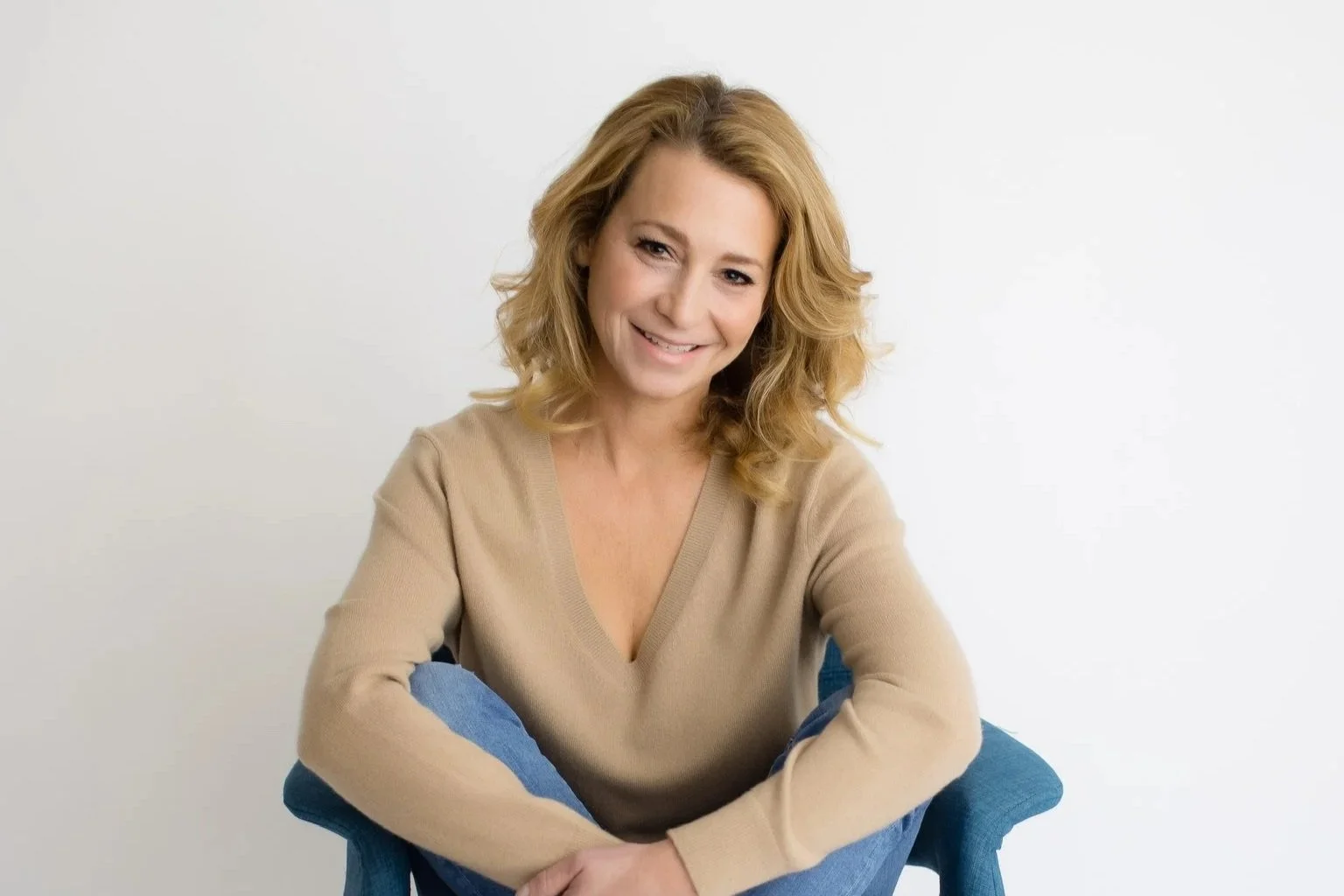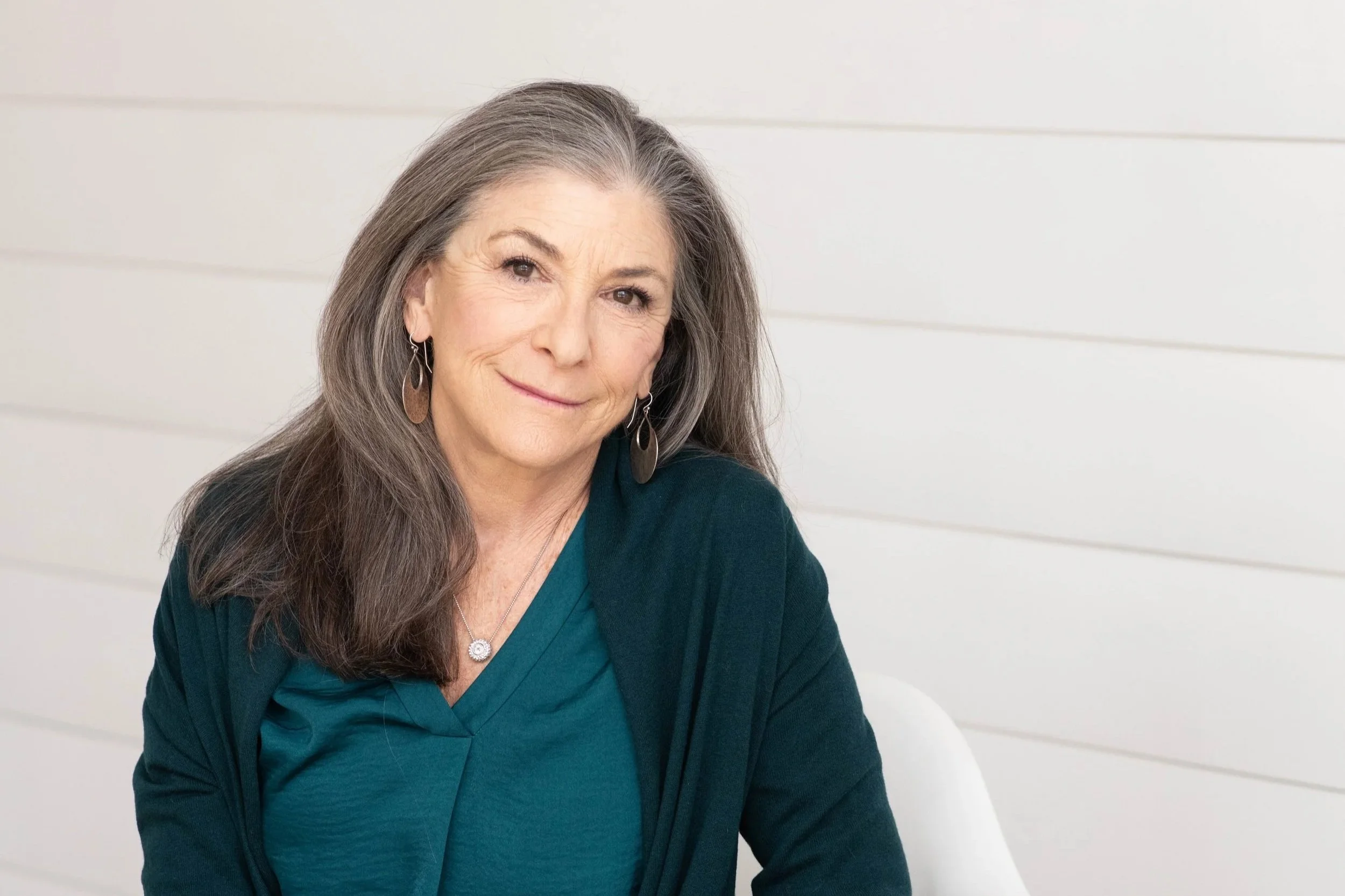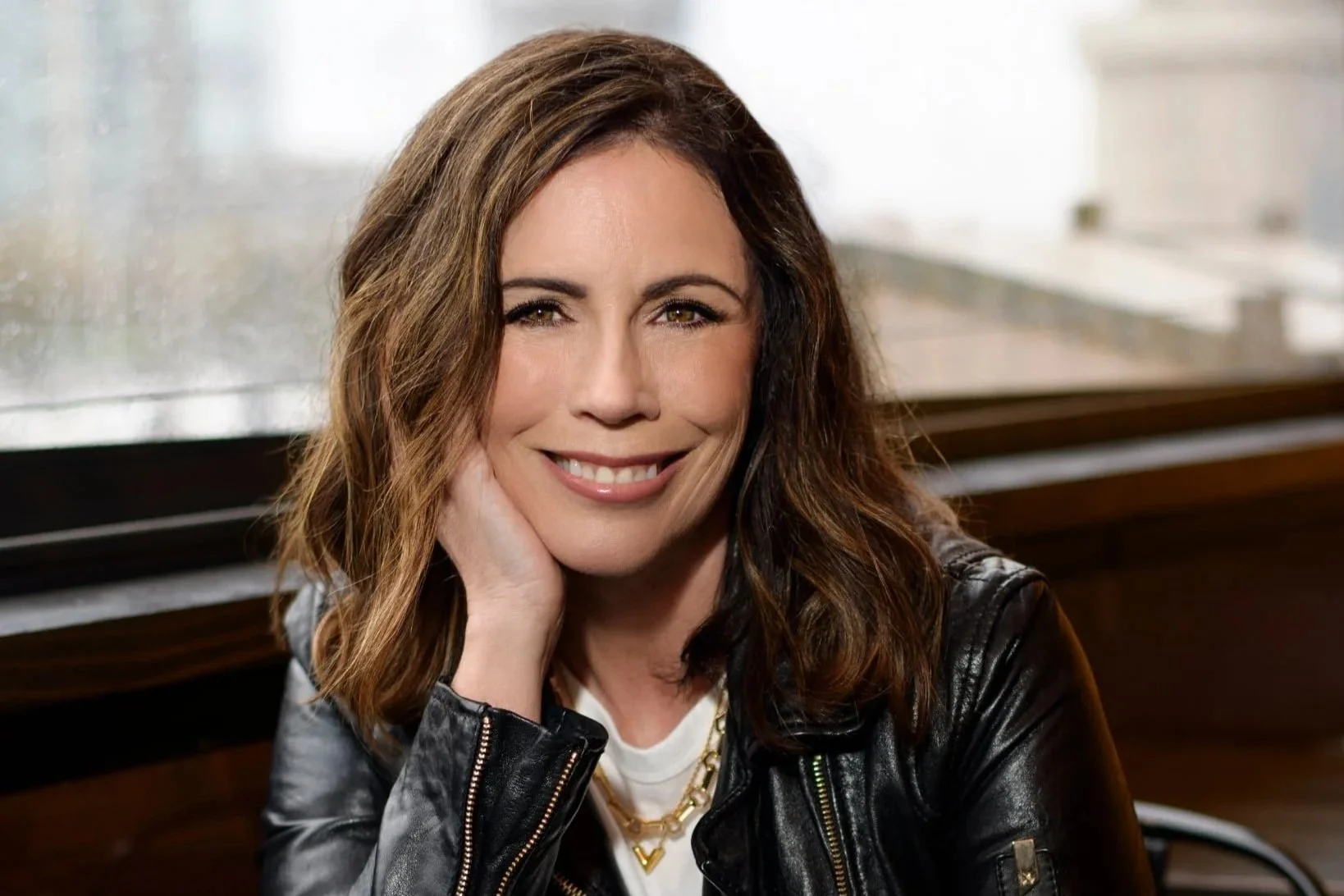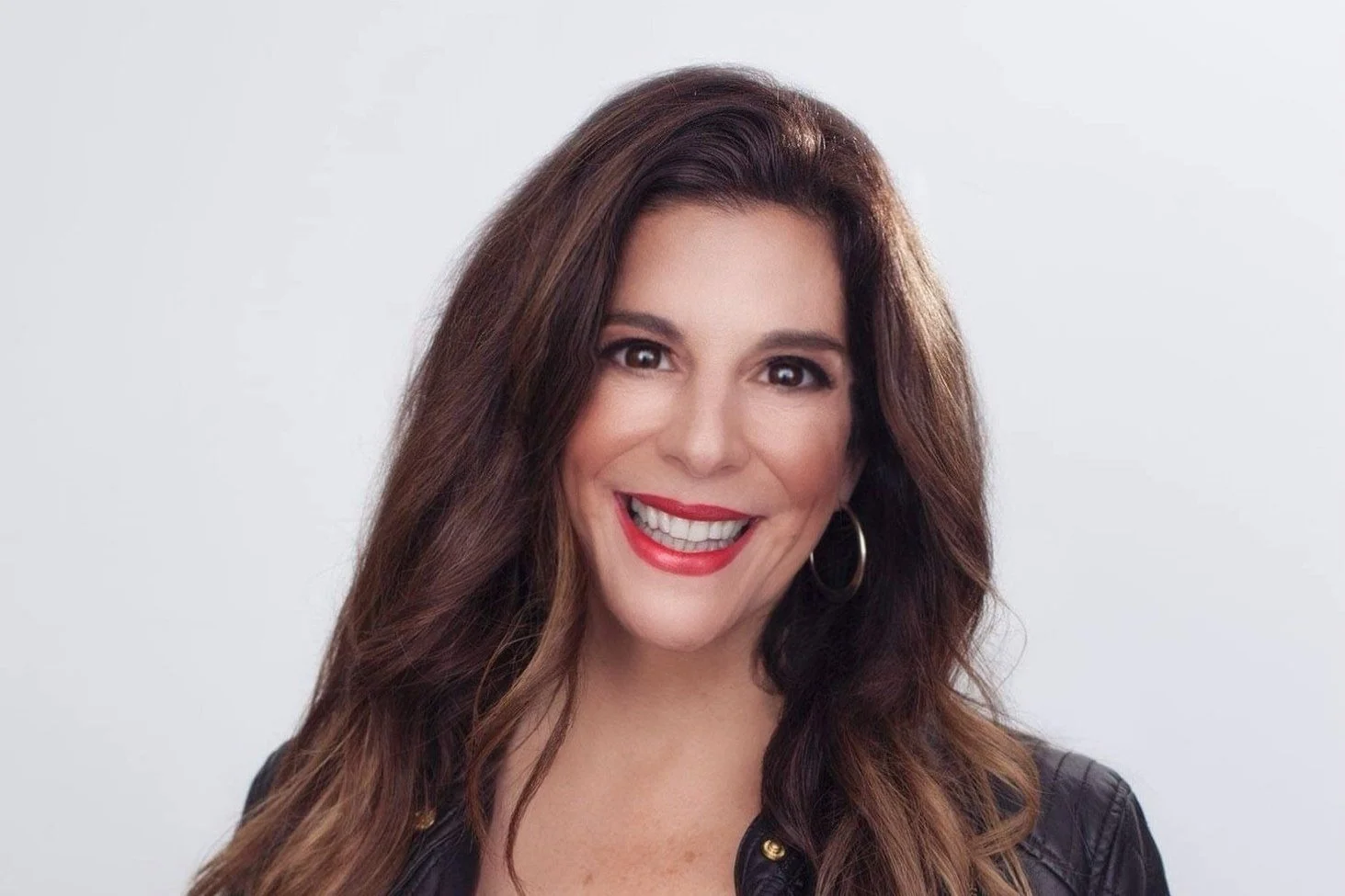Positive Representations of Co-Parenting in TV and Movies—and What We Can Learn From Them
When divorce shows up in TV and movies, it’s often portrayed as ugly—shouting matches, custody battles, and children caught in the middle. But in reality, co-parenting after divorce can look very different. Increasingly, we’re seeing positive divorce stories on screen that show parents learning to work together, stay respectful, and keep their children at the center of their decisions.
These portrayals matter. They remind us that divorce is not necessarily the end of family, but sometimes the beginning of a healthier, reimagined one. Here are some of the best examples of healthy co-parenting in media—and what we can take from them.
1. Splitting Up Together
This ABC sitcom starring Jenna Fischer and Oliver Hudson centers on a divorced couple who still share a home. Using a co-parenting style called “birdnesting,” the kids remain in the family house while the parents rotate living in and out. While played for laughs, the show highlights a real-life co-parenting arrangement that minimizes disruption for children. It’s proof that with respect and flexibility, creative models can work beautifully.
2. Kate & Allie
Way back in the 1980s, Kate & Allie portrayed two divorced mothers who decided to raise their kids together under one roof. It was ahead of its time in showing that divorce doesn’t have to mean isolation—it can mean building new family structures with support and humor. For modern viewers, it’s a reminder that your co-parenting team doesn’t have to look “traditional” to succeed.
3. Marlon
In this NBC sitcom, Marlon Wayans plays a father co-parenting with his ex-wife after divorce. What makes this show stand out is the warmth and respect between the parents—they laugh together, bicker sometimes, and show up for their kids without bitterness. It’s a refreshing take that proves exes can be partners in parenting, even if the marriage didn’t last.
4. Sesame Street’s “Little Children, Big Challenges: Divorce”
Yes, Sesame Street deserves a spot here. In this thoughtful segment, Abby Cadabby talks about her two homes—one with her mom, one with her dad. The clear message? Parents may not live together anymore, but their love for their child is unchanged. For kids navigating divorce, this simple modeling of healthy co-parenting is priceless.
5. Reba
The sitcom Reba starring Reba McEntire is another strong example of positive co-parenting after divorce. Despite her ex-husband’s remarriage, Reba remains central in her children’s lives, and the show depicts her managing blended family dynamics with humor and resilience. It emphasizes that while divorce changes family structures, it doesn’t erase love, responsibility, or connection.
What We Can Learn
These shows and movies highlight important lessons about healthy co-parenting after divorce:
Children need love and consistency, not perfection. Whether parents live together (Splitting Up Together) or apart (Marlon), stability matters most.
Support systems are vital. Kate & Allie demonstrates that parenting doesn’t have to be done alone—leaning on community can make co-parenting work.
Respect transforms everything. Media that portrays divorced parents as allies, not enemies, helps normalize cooperative dynamics.
Families can look different—and that’s okay. From birdnesting to blended families, there’s no single “right” way to co-parent.
How Experts Can Help
Of course, co-parenting doesn’t always come naturally. That’s why working with experts can make such a difference:
Parenting coaches can offer scripts, strategies, and systems to smooth transitions.
Aurisha Smolarski
Co-parenting Coach
📍Los Angeles, California
Able to work with coaching clients in all 50 states and Internationally
Learn more about Aurisha Smolarski, LMFT →
Therapists for you and your kids provide neutral ground for parents and kids to process emotions.
Allie Stefanelli
Therapist
📍 Natick, Massachusetts
Able to work with clients in Massachusetts
Able to work with clients in
Learn more about Riverview Psychotherapy, LLC →
Emily Crubaugh
📍 Oakland, California
Remote ✅ (via Zoom)
Able to work with clients in California
Learn more about Wylder Roots →
Carrie Mead
Therapist
📍Maryland
Remote ✅ (via Simple Practice!)
Able to work with Psychotherapy and Counseling clients in Maryland and South Carolina
Able to work with Coaching clients in all 50 states and Internationally
Learn more about Carrie Mead, LCPC →
Renee Santos
📍California
Remote ✅ (via Zoom!)
Able to work with clients in California and Massachusetts
Learn more about Uninhibited Counseling →
Elisabeth Maguire
📍Auburn, New Hampshire
Remote ✅ (via Simple Practice!)
Able to work with clients in New Hampshire, Massachusetts and Maine
Learn more about Elisabeth Maguire, LICSW, LLC →
Ricki Romm
Therapist
📍New York
Able to work with clients in New York
Learn more about Ricki Romm Therapy →
Dawn Van Berkel
📍Leesburg, Virginia | Remote ✅ (via Simple Practice!)
Able to work with therapy clients in Virginia
Able to work with coaching clients in all 50 states
Remote ✅ (via Simple Practice!)
Learn more about H.E.R. Therapy →
Meredith Beardmore
Therapist
📍Columbus, Ohio
Able to work with Therapy clients in New York
Able to work with Coaching clients in all 50 states and Internationally
Learn more about Meredith Beardmore →
Oona Metz
Therapist
📍Greater Boston Area, Massachusetts
Able to work with clients in Massachusetts
Learn more about Oona Metz, LICSW →
Ashley Mahoney
Therapist
📍Newburyport, Massachusetts
Able to work with clients in Massachusetts
Learn more about Arise Wellness →
Laura Gattuso
Therapist
📍Andover, New Jersey
Able to work with clients in New Jersey
Learn more about Human First Counseling Services, LLC →
Erica Miller
Children’s Therapist
📍 Brooklyn, New York
Able to work with clients in New York
Learn more about Connected Minds NYC →
Victoria Latifses
Therapist
📍 Austin, Texas
Able to work with clients in Texas
Learn more about Embodied Psychotherapy →
Aurisha Smolarski
Co-parenting Coach
📍Los Angeles, California
Able to work with coaching clients in all 50 states and Internationally
Learn more about Aurisha Smolarski, LMFT →
Sarah Baroud
Therapist
📍Holliston, Massachusetts
Able to work with clients in Massachusetts
Learn more about Practice Makes Present, LLC →
Crystal Britt
📍Redlands, California
Remote ✅ (via Zoom)
Learn more about Get Psyched Therapy & Coaching →
Bonnie Scott
Therapist
📍San Antonio, Texas
Able to work with therapy clients in Texas
Able to work with coaching and consulting clients in all 50 states
Learn more about Mindful Kindness Counseling, LLC →
Mahaley Patel
Therapist
📍Nashville, Tennessee
Able to work with clients in Tennessee
Learn more about Ready Nest Counseling Center →
Mediators can help build parenting plans centered on kids, not conflict.
David Fein
Mediator
📍 Highland Park, Illinois
Able to work with clients in Illinois
Learn more about Fein Legal Solutions, LLC dba The Law Office of David Fein →
Nora Marcus
Mediator, Co-Parenting Specialist, Collaborative Law Family Specialist and Divorce Coach
📍 New York
Able to work with Therapy and Mediation clients in New York
Able to work with Coaching and Co-Parenting Specialist clients in all 50 states and internationally
Learn more about Nora Marcus Consulting →
Diana Loomis
Able to work with clients in New York
Remote ✅ (via Zoom!)
Learn more about Loomis Mediation Services →
Rosemarie Ferrante
📍Connecticut
Remote ✅ (via Zoom!)
Learn more about Divorce Mediation Center of Fairfield County, LLC →
Mardi Chadwick-Balcom
📍Greater Newburyport, Massachusetts
Remote ✅ (via Zoom)
Learn more about Integrative Divorce Mediation and Coaching →
Allison McFadden
Mediator, Attorney & Coach
📍Columbia, Maryland
Able to work with legal clients in Maryland
Able to work with mediation and coaching clients in all 50 states and Internationally
Learn more about Divorce by Allison →
Divorce coaches can guide you through both the emotional and logistical challenges of co-parenting after divorce.
Hope Firsel
Divorce Coach
📍 Boca Raton, Florida
Able to work with clients all 50 states and internationally
Learn more about Hope Firsel →
Melinda Gould
Divorce Coach
📍 New York
Able to work with clients all 50 states and internationally
Learn more about Melinda B Gould →
Sue Horwitz
📍Colorado
Able to work with clients in Colorado and California
Remote ✅ (via Zoom!)
Learn more about Sue Horwitz Coaching →
Kristen Ploetz
Divorce Coach
📍Massachusetts
Able to worth with coaching clients in all 50 states
Learn more about KMP Coaching LLC →
Leslie Mathews
📍Saint Petersburg, Florida
Remote ✅ (via Zoom!)
Learn more about The LooM Life (Divorce Coaching) and LooM Life Therapy (Therapist) →
Kristina St. Cyr
📍Stoughton, Massachusetts
Able to work with clients Nationally
Remote ✅
Learn more about Kristina St. Cyr Coaching →
Cat Climaco
📍Denver, Colorado
Remote ✅ (via Google Meet!)
Learn more about Peaceful Presence Divorce Coaching, LLC →
Chavisa Horemans, MES, CDC, CTRC
📍Vancouver, BC, Canada - available virtually globally
Remote ✅
Learn more about The Mother Corp - Trauma-Informed Coach & Consultant →
TinaHuggins
📍South Carolina
Remote ✅
Able to work with clients globally
Learn more about Your Divorce Coach Specialist →
Justin Milrad
📍Atlanta
Remote ✅ (via Zoom!)
Learn more about Reclaim & Reboot Transformational Divorce Coaching →
Jennifer Perri
📍Georgia
Remote ✅ (via Zoom!)
Learn more about SHERO Life & Empowerment Coaching, LLC. →
Rina Groeneveld
📍Montreal, Quebec, Canada
Remote ✅ (via Jane App!)
Learn more about Life After An Abusive Relationship →
Taylor Beck
Divorce Coach
📍Worldwide
Able to work with clients in all 50 states and Internationally
Learn more about Revive & Rise Coaching →
Jill Kaufman
Therapist & Divorce Coach
📍United States & Canada
Able to work with therapy clients in New Jersey
Able to work with coaching clients in all 50 states and Internationally
Learn more about Divorce Coach Jill →
📍East Rockaway, New York
Remote ✅ (via Google Meet & Zoom!)
Learn more about New Beginnings Breakup and Divorce Coaching →
Ann Runkle
Divorce Coach and Career Coach
📍St Charles, Illinois
Able to work with clients in all 50 states and Internationally
Learn more about Forward. With Ann →
At Fresh Starts Registry, we connect people with vetted professionals—from therapists to co-parenting coaches—who understand the complexities of divorce and parenting. With the right guidance, you don’t have to figure out co-parenting on your own.
✨ The takeaway? Positive portrayals of co-parenting in media remind us that divorce is not just an ending—it’s a chance to rebuild family in healthier, more creative ways. And with expert support, you can create your own version of a positive co-parenting story.





